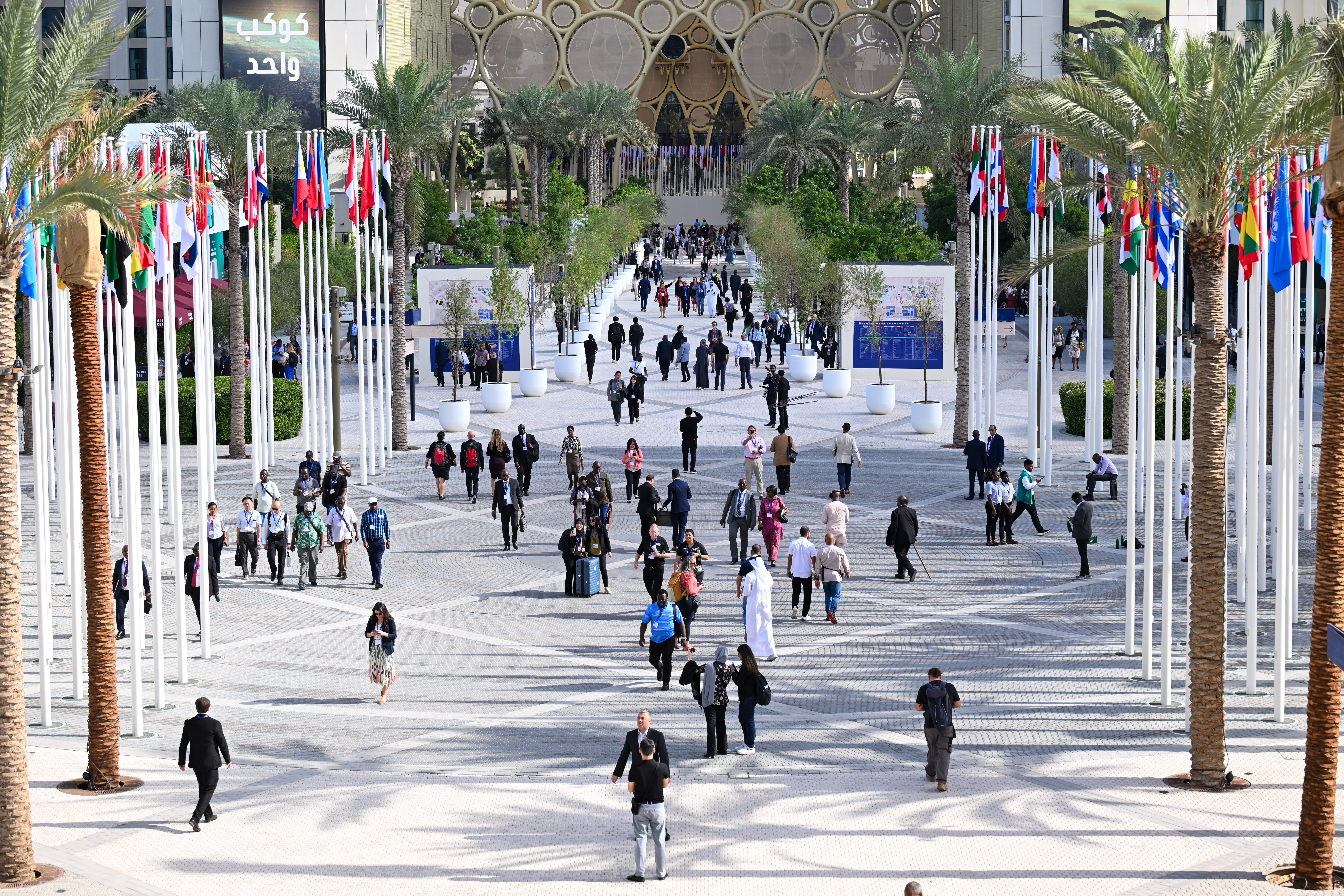
The recent conclusion of the 28th Conference of the Parties on Climate Change (COP28) in Dubai has sparked both applause and reflection on the world's progress toward an ecological transition. Despite outcomes that do not fully meet the challenges posed, the 198 countries gathered in the United Arab Emirates managed to overcome economic, political, and climatic differences to reach a crucial consensus.
Notably, COP28 marked a first by directly addressing the primary source of the problem: fossil fuels, which account for 80% of greenhouse gas emissions. Lifting this taboo, although necessary for progress, was not apparent from the outset of the discussions, facing intense pressure from oil-producing countries until the last moment.
The United Arab Emirates' choice as the host, despite its status as the seventh-largest oil producer in the world, was justified by the agreement reached in Dubai. This allowed the discussions to refocus on the issue of fossil fuels and to change the prior narrative that considered their abandonment unrealistic, thus acknowledging an indisputable scientific fact.
However, financing the transition from fossil fuels remains a significant concern, especially given the costs. The amounts discussed to assist the most vulnerable countries adapt to climate change remain insufficient, raising concerns about these nations' ability to manage this transition.
Moreover, proclaiming the principle of phasing out fossil fuels is not enough. It is imperative to determine the pace of this transition. However, the final text of COP28 did not propose a specific agenda aside from achieving net-zero emissions by 2050. This consensus was reached while leaving open the possibility of loopholes, which could slow the momentum. The promised transformation will depend on the willingness of states to implement it.
Although encouraging, the diplomatic success of COP28 should not be seen as a conclusion but rather as a starting point. Each country will need to present new commitments in 2025 based on the guidelines defined in Dubai. In the meantime, public opinion must maintain pressure on leaders to strengthen climate change mitigation policies and make their promises more credible by providing more details about their financing. This challenge will be one of the main issues in the debates for COP29, scheduled to take place in Azerbaijan at the end of 2024. The path toward a global ecological transition has been laid out, but the journey ahead is still long.
